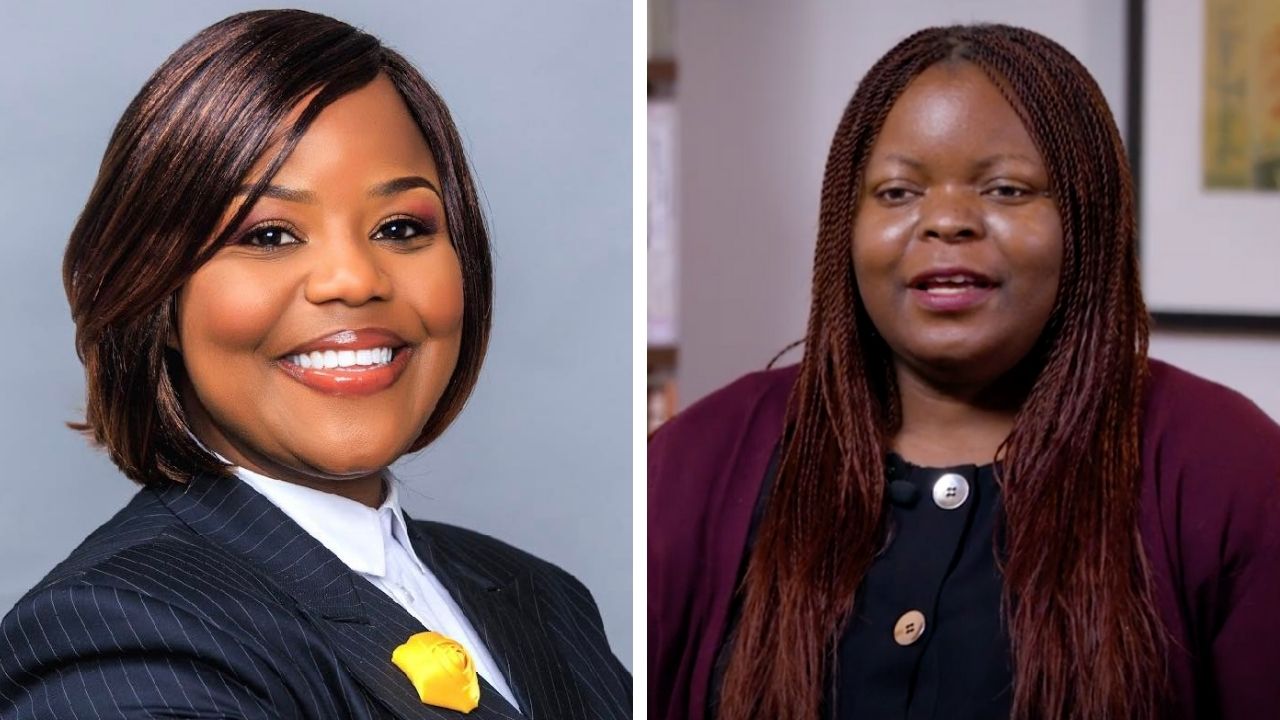Crimes and Courts Correspondent
The recent High Court judgment against Petina Gappah, a Zimbabwean lawyer and author, serves as a stark reminder that online activities can have severe legal consequences. Justice Joseph Mafusire ordered Gappah to pay $18,000 in damages to fellow attorney and political activist Fadzayi Mahere, plus an annual interest of 5% and legal costs.
Mafusire deemed Gappah’s defamatory comments “malicious and sustained,” warranting substantial damages. This ruling sets a local precedent, emphasizing that social media users cannot hide behind online anonymity to defame others.
The case began in 2018 when Mahere sued Gappah for $1 million in damages over a series of tweets. Gappah made scurrilous accusations, including claims that Mahere’s university admissions were due to her father’s influence and that she had doctored her curriculum vitae.
Gappah’s unrestrained attacks on the judge and judiciary led Mafusire to suggest she needed “psychological intervention.” Her accusations against Mahere were deemed a “torrent of abuse” and “the nadir of dishonour.”
This landmark judgment underscores the importance of understanding that online speech is subject to defamation laws. As CK Attorneys Inc notes, “many users operate under the false assumption that they can voice their opinions without facing any consequences.” Courts are adapting to new technologies, extending traditional legal principles to address online issues.
Key Takeaways:
- Online activities can have legal consequences
- Defamation laws apply equally to social media and conventional communication
- Courts adapt to new technologies to address online issues
- Users must be aware of potential legal repercussions
This ruling serves as a cautionary tale, reminding social media users to exercise responsibility and respect online.
Zim GBC News©2024


